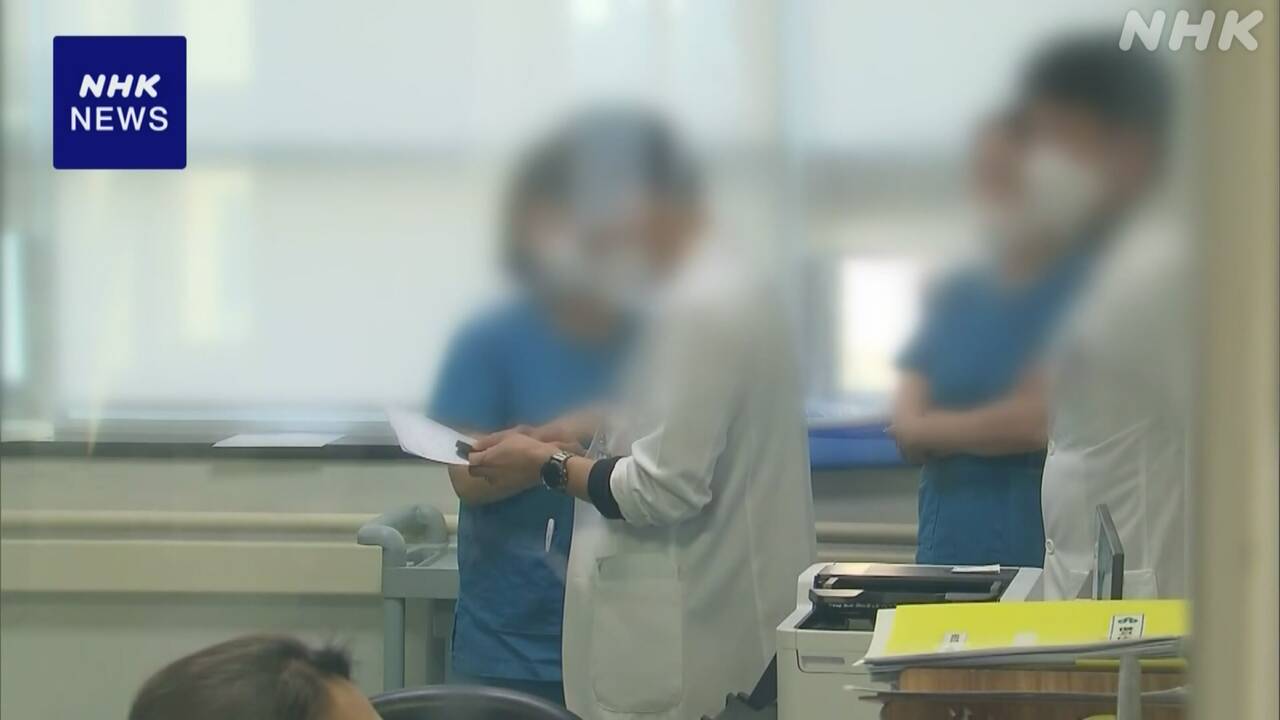In South Korea, there is a fierce conflict between the government, which has announced an increase in the number of medical schools in response to a shortage of doctors, and doctors who oppose the increase, with more than 6,000 trainee doctors working at hospitals across the country submitting their resignations in protest against the government. There is widespread confusion in the medical field.
In response to the serious shortage of doctors in rural areas, the South Korean government has outlined a policy to significantly increase the number of students in university medical schools by 2,000 people, from the current 3,058 to 5,058, starting in 2025.
However, doctors' organizations are increasingly objecting, arguing that they are not ready in time to admit them and that simply increasing the number of doctors will not solve the shortage of doctors in rural areas.
Under these circumstances, at hospitals around the country, intern doctors who support the wishes of medical organizations are submitting resignation letters and refusing to come to work one after another, and according to the South Korean Ministry of Health and Welfare, more than 6,400 intern doctors have resigned as of the 19th. At least 700 employees have submitted their resignations and have not come to work since the morning of the 20th.
South Korean media reports that there is widespread confusion in the medical field, with some major hospitals in Seoul unable to handle emergency outpatient services and surgeries being postponed one after another.
At a cabinet meeting on the 20th, President Yoon Seong-yeol called for an early return, saying, ``We must not hold the lives and health of the people hostage.''
In addition, the South Korean government has said it will mobilize military doctors and others to maintain the medical system, but there are concerns that if trainee doctors abandon their jobs for a long time, the impact on the medical field will become even more serious.

